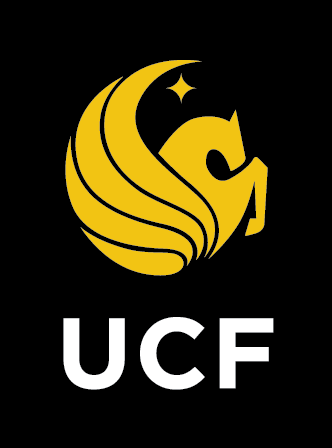|
Missouri Course Redesign Initiative
Southeast Missouri State University
Course Title: College Algebra
Redesign Coordinator: David Starrett
Project Abstract
College Algebra, a three-credit course, is one of three math courses that students may take to meet the logical systems requirement of the university studies curriculum at Southeast Missouri State University. Students that enroll in College Algebra are also likely to take applied calculus or the traditional calculus sequence in later semesters. All business, science and secondary education majors are required to pass College Algebra with a grade of C or above.
The academic problems that will be addressed by the course redesign include a lack of common student preparation, a less than desirable pass rate and lack of consistency among instructors. Students may meet the requirements to enroll in College Algebra by ACT math sub-score, successful completion of developmental math courses or a satisfactory grade on an entrance test, which results in a variety of abilities and preparation levels among students. During AY 2009-2010, 1,304 students enrolled in College Algebra with a DWF rate of 45%. During that year, 14 different full-time faculty members taught a total of 40 sections, and four part-time faculty taught a total of five sections. Due to the large number of faculty teaching the course, there are inconsistencies in rigor and content. An important goal of the redesign is to reduce course drift.
The redesign model chosen at Southeast is a variation on the Emporium Model. All class meetings will be held in a computer lab. Class time will be devoted to 1) instructors introducing new material and relevant examples and reviewing past difficult problems, and 2) students completing MyMathLab exercises and quizzes and occasionally working on simulations and collaborative projects. Graduate assistants and undergraduate peer tutors will provide individualized, one-on-one help. In addition, more front-end work will be required of students so that less in-class time will be spent covering prerequisite knowledge. For each in class topic, there are prerequisite skills for which the student may be ill-prepared. Just-in-time work will be available for each topic that will require students to practice the prerequisite skills before they come to class along with completing a quiz to ensure mastery of the material.
The focus of the redesign is enhancement of student learning. Working in a lab will allow students to collaborate and receive immediate help as needed, fostering a positive working relationship among students and staff. Students who are reluctant to ask for help in the traditional setting will feel comfortable approaching the instructor, graduate assistants, and undergraduate peer tutors during class and open lab times. This approach will allow class time to focus on higher-level learning, enabling students to exhibit mastery learning and become better problem solvers.
The impact of the redesign on student learning will be assessed by comparing performance on a common final exam. For the last five years, Southeast’s College Algebra course has utilized a comprehensive, common final for all sections. This exam has been commonly graded by all College Algebra instructors each semester to guarantee inner-rater reliability of item scoring. The team will continue to use this final exam so that the data can be tracked longitudinally. Since course content will remain the same after the redesign, the team will also use the DFW rate as a means of comparison.
The redesign plan will produce a cost savings because the same number of students will be served using about one-third of the current faculty’s load allocation. After the redesign is completed, section size will increase from approximately 34 students to 80 students, and the number of sections will decline from 28 to 12 annually. Graduate and undergraduate students will assist students in the lab, and faculty will spend their office hours in the lab working with students, thus reducing the need for additional tutors. The cost-per-student will decrease from $216 in the traditional format to $110 in the redesigned format, a reduction of 49%. The savings will be used to offset cuts in state appropriations.
|
